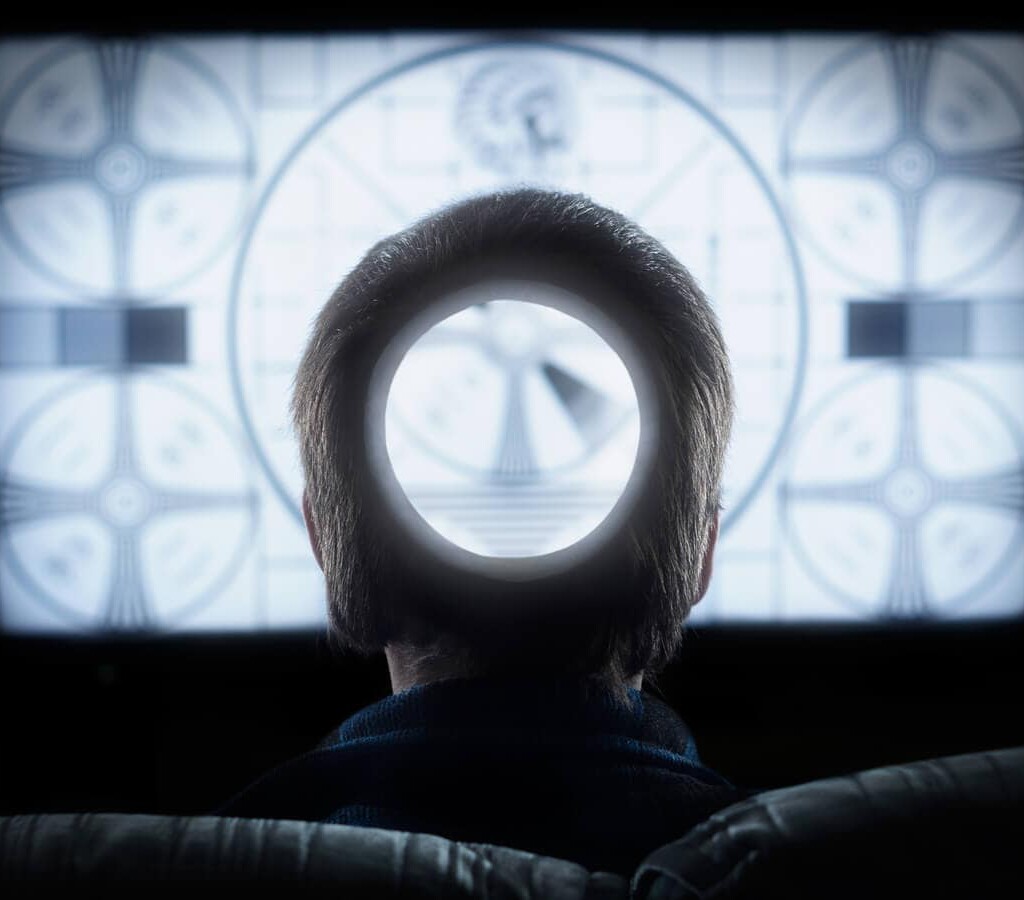A Stroke manifests in two ways: Ischemic Stroke, due to a drastic reduction in cerebral blood flow, and Hemorrhagic Stroke, caused by the rupture of blood vessels. These conditions not only have physical effects but also deep emotional roots, related to extreme stress and self-devaluation.
Stroke: Understanding its Emotional Roots
How about listening to an interactive summary in podcast format?
Stroke manifests in two main ways, marking a before and after in the life of those who suffer it:
- Ischemic Stroke or Cerebral Infarction: occurs when there is ischemia, that is, a drastic and sudden reduction in blood flow to the brain, interrupting the supply of oxygen and essential nutrients for its functioning.
- Hemorrhagic Stroke, Cerebral Hemorrhage: happens when there is a rupture in the brain’s blood vessels, leading to internal bleeding.
These cerebrovascular conditions have become a significant challenge for global public health. They represent the third leading cause of death in the Western world, besides being the main source of permanent disability in adults and one of the most common causes of neurological deficit in older people.
The impact of a stroke extends beyond the individual’s health, affecting the family, social, and even economic sphere due to the high medical care costs involved.
Symptoms of Stroke
The symptoms of a stroke are diverse and may include, but are not limited to:
- Facial or limb paralysis on one side of the body.
- Blindness or visual problems.
- Sudden and severe headaches.
- Dizziness and loss of balance.
- Difficulties in speaking or understanding, among others.
Underlying Emotional Conflict
Biodecoding suggests that behind a stroke lies a deep emotional conflict. It is considered that the individual might be experiencing an extremely high level of stress, to the point of considering, albeit unconsciously, that death would be a way out.
This state is usually accompanied by another emotional conflict, possibly of lesser magnitude, related to the feeling of loss of “territory” or being undervalued within their family or social environment.
These interpretations open a different perspective on the treatment and recovery of stroke patients, emphasizing the importance of addressing not only the physical symptoms but also the emotional and psychological well-being of the individual.
Emotional Factors Associated with Stroke
Stroke is a complex health disorder with roots in both physical and emotional factors. Among the emotional elements that can contribute to its development, the following stand out:
- The extreme stress can lead the person to prefer death over facing life.
- The loss of a perceived “territory,” which can be literal, such as a physical space, or symbolic, such as a role or social status.
- The feeling of devaluation, whether due to perceived wrong decisions or actions aimed at pleasing others, results in a negative self-assessment.
This phenomenon is particularly relevant in individuals facing significant life changes, such as retirement.
The transition from an active working life to retirement can be experienced by some as the loss of a vital territory, a space where their contributions were valued, and where they felt useful and necessary.
Upon retiring, they may experience a crisis of identity and purpose, feeling displaced and undervalued in their own home, where the family dynamics have continued without them.
Examples of Situations Linked to Devaluation and Stroke
- A person retires at their partner’s request, thus losing their “work territory.” Upon returning home, they find that their presence is no longer as significant, leading them to question their value and past decisions.
- Some decide not to purchase home insurance, believing it to be the right choice; however, after a burglary, they face criticism and reproaches from their family, feeling devalued and questioning their judgment.
Emotional Conflicts of Devaluation That Can Trigger a Stroke
- Challenges in the intellectual sphere, such as feeling unable to match or surpass others in debates or discussions.
- Failing to notice something important or remaining oblivious to crucial secrets, leads to questioning one’s perception and value.
- The fear of having thought acted, or decided incorrectly, feeds feelings of guilt and self-reproach.
Symbolism of Stroke
Symbolically, a stroke can be interpreted as an extreme escape mechanism, an unconscious desire to flee from unsustainable or painful life situations.
This act of “fleeing” is not towards a destination, but rather an attempt to escape from the demands, criticisms, or negative self-perceptions.
In this context, the stroke becomes a reflection of surrender, a breaking point where the internal struggle ceases, and the desire to withdraw not just from external conflicts but also from internal ones emerges.
Ultimately, it’s crucial to recognize that behind each case of stroke, there’s a unique personal story, intertwined with significant emotional and psychological factors.
Understanding these aspects allows for a more empathetic and effective approach to recovery, highlighting that the path to healing involves not only restoring physical functionality but also reconciling and strengthening the individual’s emotional well-being.
Biodecoding emerges as a valuable tool in this comprehensive process.
Transform your emotional and spiritual life with a personalized tool
Discover the power of Biodecoding combined with Kabbalah. Through your Personal Kabbalistic Tree, designed based on your name and date of birth, you’ll receive a practical guide to work on your emotions and achieve holistic well-being.





